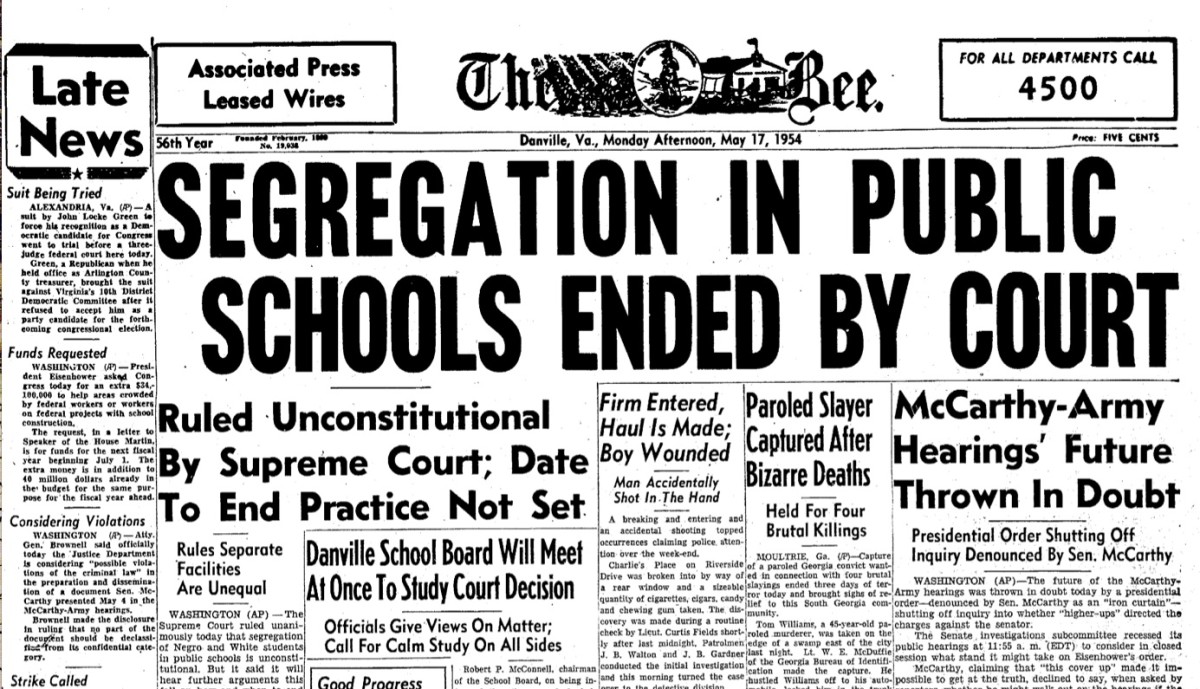How to Find and Do Research on Florida Statutes and State Law
Find Florida State Laws Online
The Sunshine State of Florida, like all states, has its own legislature. The legislature passes statutes. A statute is the starting point of a law. After statutes, courts interpret the laws that come up in court cases. This case law becomes law that other courts follow as precedent in later cases. Other sources of law, such as administrative law and constitutional law, may become relevant in certain legal situations. Even Attorney General Opinions may be relevant. The law is very complex, and this is why a layperson should consult with a Florida attorney to deal with specific legal problems.
However, the Florida legislature does provide an online copy of its Florida statutes for legal research. You can use these statutes as a tool for preliminary legal research.
Start by accessing the Florida statutes online. You can select the current year or a previous year. Select the current year to see the present state of the law.
You will see the Titles. These are the broad areas of law that make up segments of Florida law. To get to the actual statutes, you need to click on a Title and then click on the Chapters within the Titles. You will then be able to see the Sections, which contain the actual statutes within that Title.
You can do your research manually using this method. However, the site also has a search feature. Click on the "Search Statutes" link in the left navigation window. You will see a box to enter search keywords. Enter the main keywords for the area of law you are researching. The more specific you go, the more likely you will find what you are looking for quickly. However, this can be a dangerous way to do legal research because you may miss important parts of the law that apply to your legal situation.
One strategy is to do a search and find the Titles and Chapters that come back in the search results. Then go back to those Titles and Chapters and do some reading to familiarize yourself with that area of law. Note that you might not even find your answer in the Florida Statutes. You may need to look to other sources of Florida law. For example, Florida administrative law comes from Florida administrative agencies. These agencies get rule-making authority from the legislature. You can search the Florida Administrative Code online.
You cannot really complete legal research without studying Florida case law. Contact a Florida lawyer to get help on researching Florida case law. Attorneys have other, more advanced tools for legal research. Services like Westlaw and Lexis-Nexis make the job of legal research much easier but are too expensive for the layperson with an occasional problem. However, you can still do your own research in the beginning to better educate yourself on aspects of Florida law. Find other law links for Florida at FindLaw.






